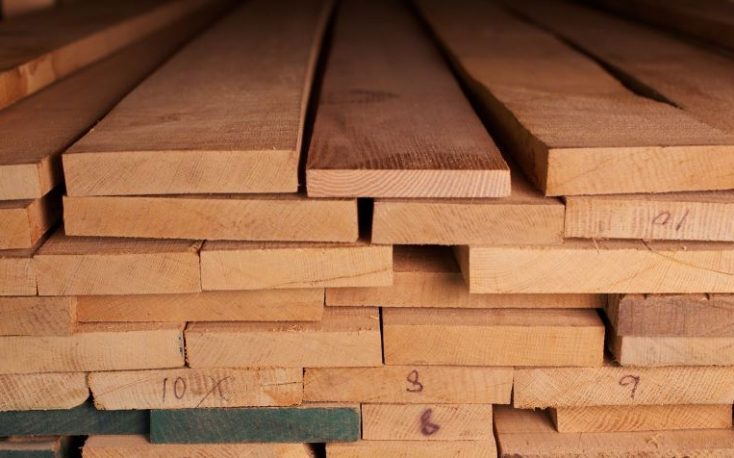African Round Log Species
African Round Log Species: A Natural Resource for Global Demand
Introduction to African Round Log Species
Africa is home to some of the world’s most diverse and valuable forests, offering a variety of round log species. These logs, sourced from premium hardwood and softwood trees, are renowned for their strength, durability, and versatility. African round logs play a vital role in industries like construction, furniture manufacturing, and timber exports, making them a cornerstone of the continent’s economic growth.
The unique characteristics of African round log species, such as their exotic grain patterns and natural resistance to decay, make them a preferred choice for buyers worldwide.
What Are African Round Log Species?
Round logs are unprocessed timber sections cut from trees, typically with their bark still intact. They are used as raw materials for various applications, including milling, construction, and furniture-making. African round log species are known for their high quality, offering a range of hardwoods and softwoods that meet the needs of diverse industries.
Popular African Round Log Species
Africa boasts a wide variety of round log species, each prized for its unique qualities:
- Mahogany: This reddish-brown hardwood is ideal for furniture and paneling due to its beauty and durability.
- Iroko: Often called “African teak,” iroko is resistant to rot and insects, making it perfect for outdoor applications.
- Wenge: Known for its dark, rich tones, wenge is favored in luxury flooring and decorative pieces.
- Okoumé: This lightweight hardwood is widely used in plywood and veneers.
- Ebony: A dense and dark hardwood, ebony is highly valued for its use in musical instruments and luxury goods.
Applications of African Round Logs
African round logs are versatile materials used in various sectors:
- Construction: Logs are used as raw structural components in bridges, buildings, and other infrastructures.
- Furniture Manufacturing: High-quality hardwood logs are processed into premium furniture pieces.
- Timber Milling: Round logs are sawn into planks, boards, and veneers for industrial applications.
- Crafts and Carvings: Artists and artisans use smaller logs for sculptures and decorative items.
Economic Importance of African Round Logs
The export of African round logs significantly contributes to the economies of timber-producing countries like Gabon, Cameroon, and the Democratic Republic of Congo. Timber exports provide much-needed foreign exchange, support local employment, and finance infrastructure development.
However, to maximize economic benefits, some countries are promoting local processing by restricting raw log exports and encouraging sawmill operations within their borders.
Sustainability and Challenges in the Round Log Industry
Sustainability is a critical focus in the African timber industry. Issues like illegal logging, deforestation, and habitat loss pose significant challenges. Efforts to address these include:
- Certification programs such as FSC (Forest Stewardship Council) to ensure responsible logging.
- Reforestation projects to replace harvested trees and preserve biodiversity.
- Policies encouraging sustainable harvesting and export practices.
Conclusion
African round log species are a testament to the continent’s rich natural resources and economic potential. Their durability, aesthetic appeal, and versatility make them a staple in global markets. By prioritizing sustainability and promoting local value addition, Africa’s timber industry is poised for long-term growth while preserving its forests for future generations.
